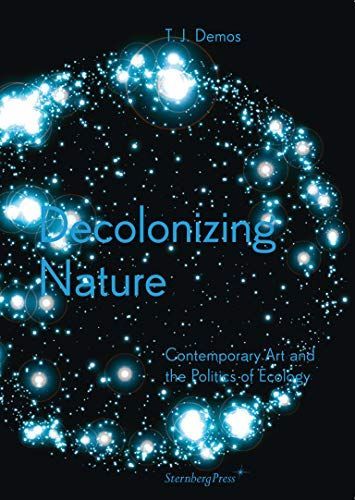
Highlights
Laurence Favre@laurence
Page 216
Laurence Favre@laurence
Page 203
Laurence Favre@laurence
Page 202
Laurence Favre@laurence
Page 8
Laurence Favre@laurence
Page 19
Laurence Favre@laurence
Page 151
Laurence Favre@laurence
Page 117
Laurence Favre@laurence
Page 116
Laurence Favre@laurence
Page 115
Laurence Favre@laurence
Page 19
Laurence Favre@laurence
Page 15
Laurence Favre@laurence
Page 12